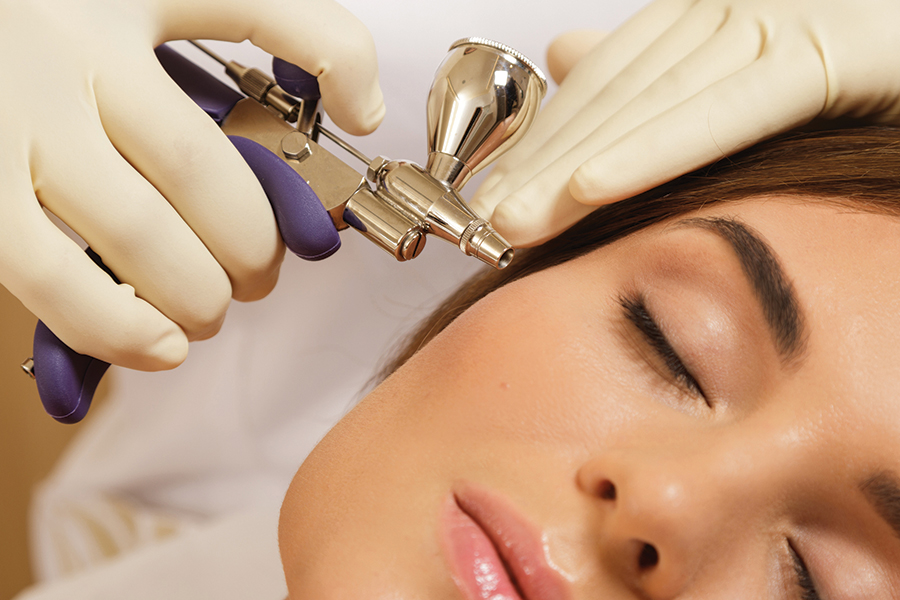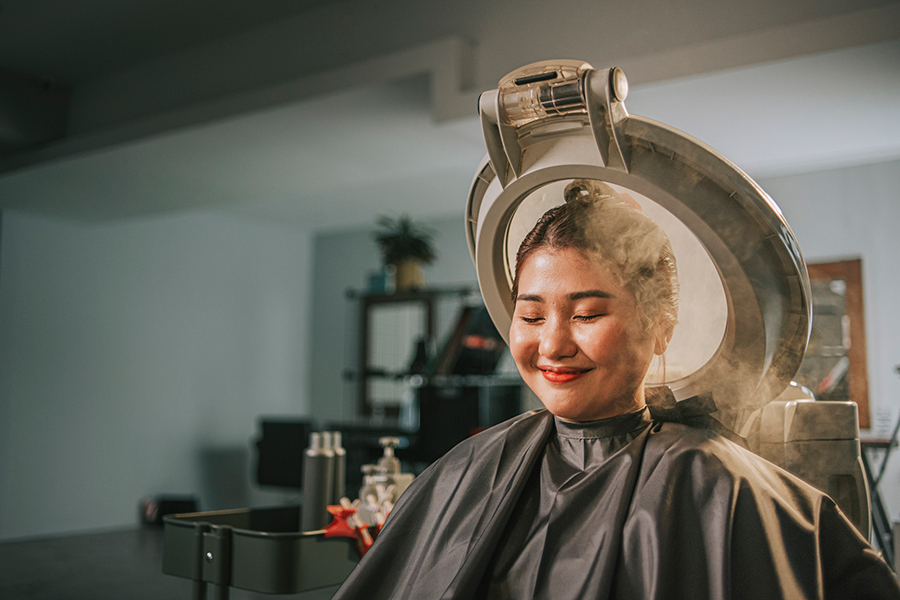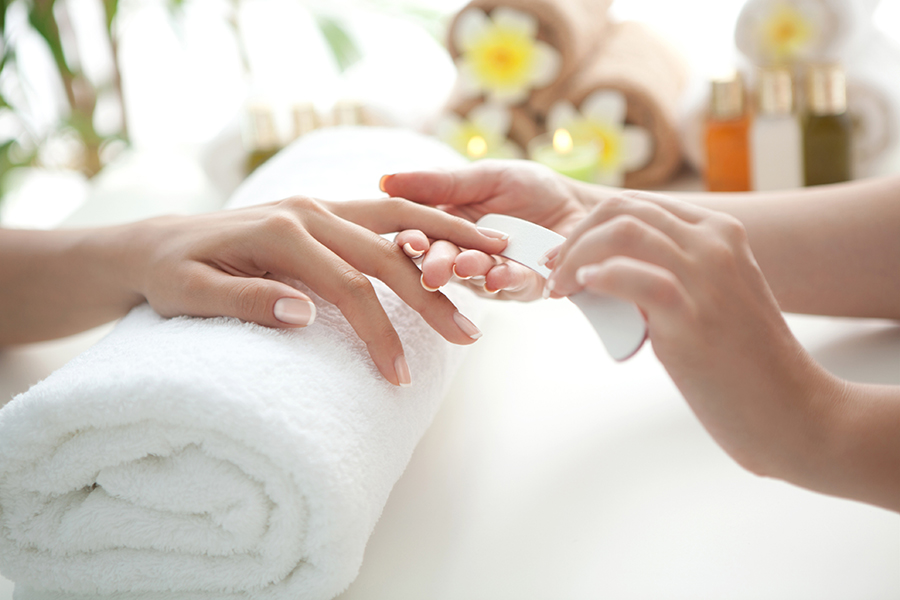Rejuvenate Your Roots: Unlocking the benefits of Scalp exfoliation for a healthier scalp environment
The scalp is often ignored in hair care but it should be of priority, it is after all the foundation of the hair. It needs the same routine as skin care: cleanse, protect, moisturize, exfoliate, and use hair masks.
The Concept
Scalp exfoliation is a safe procedure provided it is done the right way and with products that suit the skin. The signs that the scalp needs a good exfoliation are very evident generally. For example, if you notice that there is excessive oiliness, build-up, itchiness, tightness, or dryness then an exfoliation can help.

The Fit

Advantage

Scalp Sense
Scalp exfoliation accelerates the cell renewal process, a natural function that varies in duration from around 28 days for teenagers to 28-42 days in middle age, gradually slowing down in older adults.


Care
The frequency of scalp exfoliation is contingent on individual factors, primarily determined by scalp type and specific needs. Generally, individuals with normal or dry scalp are recommended to exfoliate once a week or every 10 days.


For improved hair texture and a rejuvenated scalp, consider incorporating exfoliation into your routine and experience the transformative effects firsthand. Discover how regular exfoliation can promote scalp health and elevate your haircare regimen to new heights of vitality and radiance.







